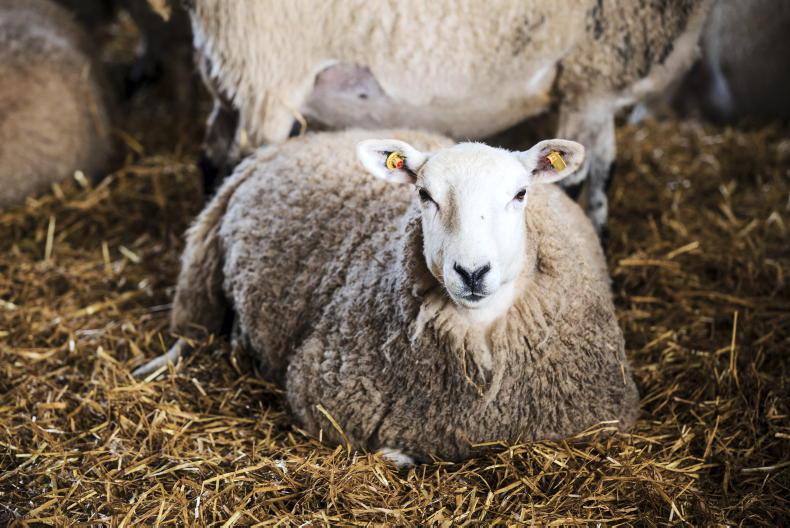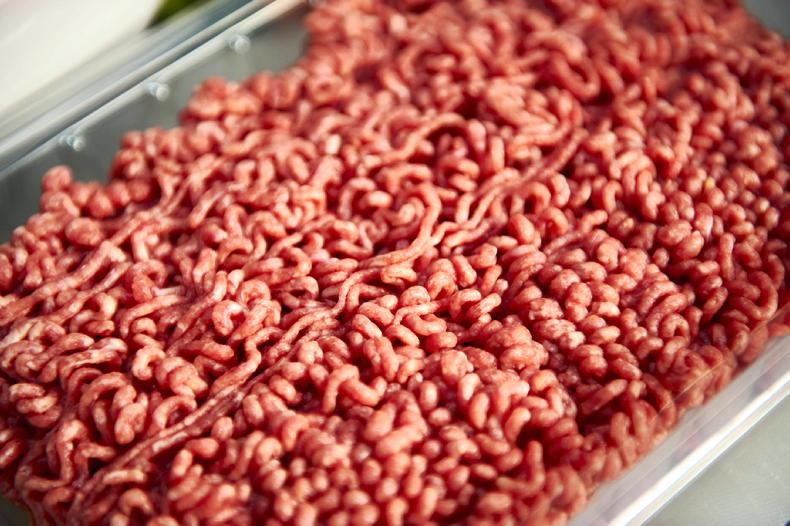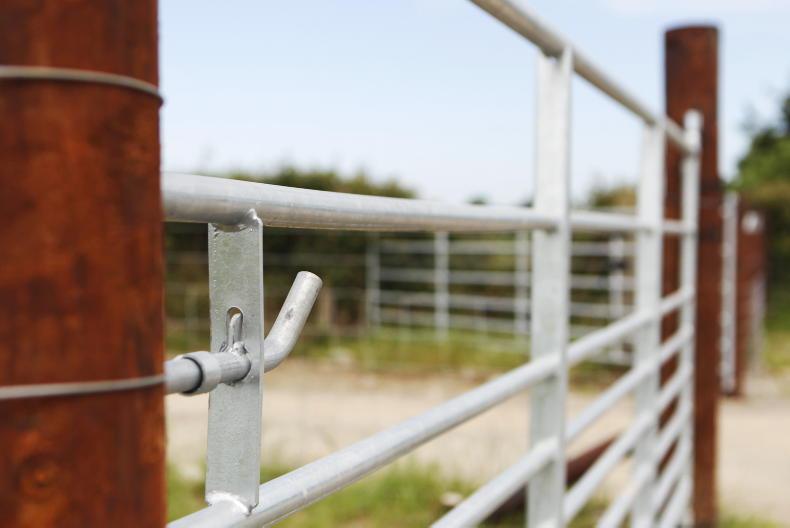Irish farmers are reducing antibiotics use on their livestock, in contrast to other European countries who are increasing their antibiotic use, a new report has shown.
There is increasing evidence of antimicrobial resistance, showing the need to use the drugs more sparingly, the same report by the European Food Safety Authority, the European Medicines Agency and the European Centre for Disease Prevention and Control, warned.
Annual consumption of antibiotics in Irish livestock fell from 58mg/kg of biomass produced to 48mg/kg between 2012 and 2014, the report found.
This is among the lowest rates in the EU, with only Nordic and Baltic nations as well as Romania and Slovenia using less antibiotics. The average European consumption is 151.5mg/kg, increasing from 144mg/kg since the previous report. Spain tops the list at 418.8mg/kg.
The scientists analysed antibiotics usage and the presence of antibiotic-resistant bacteria in humans, cattle, pigs and poultry.
As revealed by the Irish Farmers Journal last month, Italy’s largest retailer Coop Italia will start sourcing certified antibiotic-free beef from Irish suckler herds from its new base in Co Longford early next year.
Coop Italia’s food chain director in Ireland, Pat O’Rourke, said the company will have testing equipment to be delivered next month. The company is also working with marts to identify animals that never received GM feed or antibiotics, and developing an app for vets to record antibiotics use on farms.
Read more
Turning the AMR threat into an opportunity
Irish farmers are reducing antibiotics use on their livestock, in contrast to other European countries who are increasing their antibiotic use, a new report has shown.
There is increasing evidence of antimicrobial resistance, showing the need to use the drugs more sparingly, the same report by the European Food Safety Authority, the European Medicines Agency and the European Centre for Disease Prevention and Control, warned.
Annual consumption of antibiotics in Irish livestock fell from 58mg/kg of biomass produced to 48mg/kg between 2012 and 2014, the report found.
This is among the lowest rates in the EU, with only Nordic and Baltic nations as well as Romania and Slovenia using less antibiotics. The average European consumption is 151.5mg/kg, increasing from 144mg/kg since the previous report. Spain tops the list at 418.8mg/kg.
The scientists analysed antibiotics usage and the presence of antibiotic-resistant bacteria in humans, cattle, pigs and poultry.
As revealed by the Irish Farmers Journal last month, Italy’s largest retailer Coop Italia will start sourcing certified antibiotic-free beef from Irish suckler herds from its new base in Co Longford early next year.
Coop Italia’s food chain director in Ireland, Pat O’Rourke, said the company will have testing equipment to be delivered next month. The company is also working with marts to identify animals that never received GM feed or antibiotics, and developing an app for vets to record antibiotics use on farms.
Read more
Turning the AMR threat into an opportunity









SHARING OPTIONS